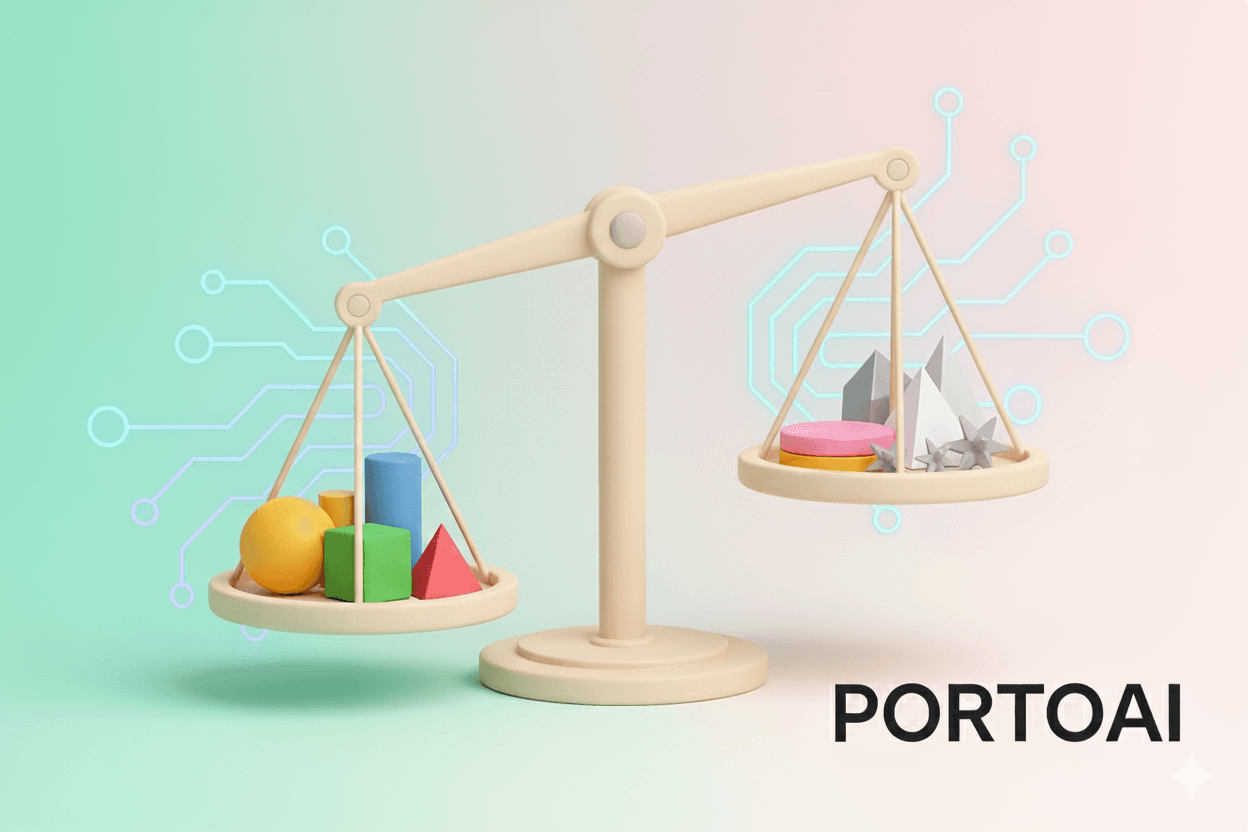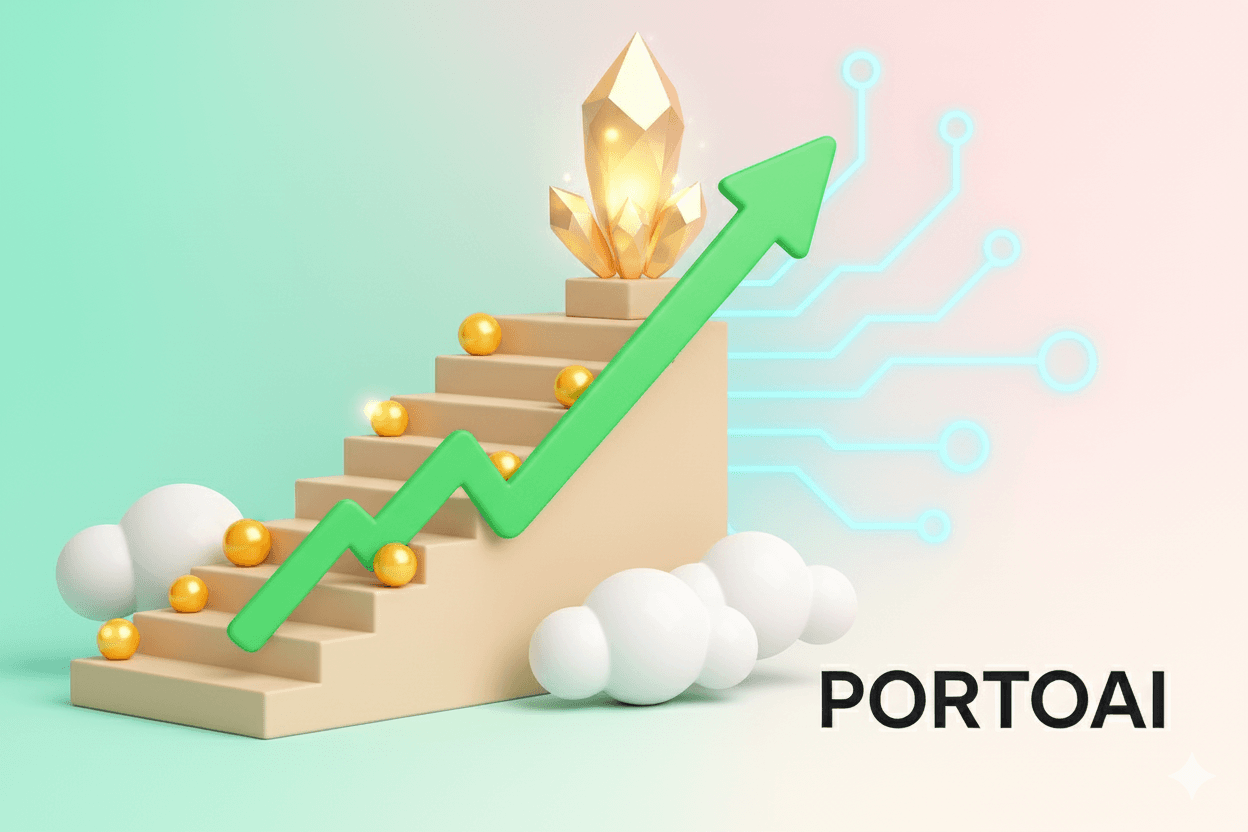Understanding the Role of Financial Intermediaries in Capital Markets

Venkateshwar Jambula
Lead Market Researcher
7 min read
•Published on September 3, 2024
•Understanding the Role of Financial Intermediaries in Capital Markets
In the dynamic and often complex world of finance, successful investing hinges not only on astute analysis but also on the underlying infrastructure that ensures fair, transparent, and secure transactions. For sophisticated retail investors, financial advisors, and small fund managers, comprehending the role of financial intermediaries in capital markets is fundamental to navigating investment landscapes with confidence. These entities form the backbone of market operations, safeguarding assets and facilitating the efficient flow of capital.
This article delves into the critical functions of these intermediaries, explaining how market infrastructure protects investors and contributes to a robust financial ecosystem. We'll explore their specific roles and how advanced platforms, like PortoAI, empower investors to leverage this structured environment for data-driven decision-making.
The Indispensable Architecture of Capital Markets
Imagine a marketplace without rules, where trust is absent, and transactions are prone to fraud. This chaotic scenario is precisely what financial intermediaries prevent. Governing bodies, such as the Securities and Exchange Board of India (SEBI) or the Securities and Exchange Commission (SEC) globally, establish regulations to protect investor interests and promote market integrity. To achieve this, they mandate a series of intermediaries, each performing a specialized function across the three core phases of any securities transaction: trading, clearing, and settlement.
This structured approach ensures that every step is monitored, risks are mitigated, and the financial system remains reliable. For investors aiming for long-term compounding, understanding this architecture is as crucial as analyzing company fundamentals.
Key Intermediaries: Pillars of Market Integrity
Stock Brokers: Your Gateway to the Market
Stockbrokers serve as the primary conduit between individual investors and the stock exchanges. They are licensed entities authorized to execute buy and sell orders on behalf of their clients. Without a registered broker, direct access to exchanges is not permitted, making them indispensable for participation in public markets.
Their functions extend beyond mere order execution:
- Market Access: Providing online or offline platforms for trading.
- Information Flow: Updating clients on trading cycles, settlement schedules, and regulatory changes.
- Client Verification: Ensuring the financial soundness and genuineness of their clients, contributing to overall market security.
By centralizing transactions through regulated brokers, governing bodies can effectively monitor and control trade quality, enhancing investment decision making market transparency for all participants.
Depositories and Depository Participants: Securing Your Digital Assets
The advent of electronic trading transformed how securities are held and transferred. Historically, physical share certificates were issued, a cumbersome and risky process. Today, securities are held in a dematerialized (electronic) form, akin to how funds are held in a bank account.
A dematerialization process securities involves converting physical certificates into electronic entries. This is managed by Depositories, central entities that hold records of all securities in electronic form. In India, examples include NSDL and CDSL. These depositories, in turn, operate through Depository Participants (DPs), which are the direct interface for investors, offering demat accounts to store securities.
Key benefits of this system include:
- Security: Eliminates the risk of theft, loss, or damage to physical certificates.
- Efficiency: Streamlines transactions, making transfers faster and easier.
- Transparency: Provides a clear, auditable record of all security holdings.
For investors, managing their digital portfolio is seamless. PortoAI's platform complements this by allowing users to integrate and analyze their holdings, providing advanced insights into their dematerialized assets and overall portfolio health.
Banks: The Financial Arteries
Banks are fundamental to the financial ecosystem, acting as critical intermediaries in the movement of funds. When an investor buys shares, funds are transferred from their bank account to the broker; conversely, when shares are sold, funds are received into their bank account from the broker. This role ensures a controlled and auditable environment for all monetary transactions in the capital markets.
Banks facilitate:
- Fund Transfers: Secure and regulated movement of capital between investors and brokers.
- Settlement: Play a crucial role in the final settlement process, ensuring money changes hands correctly.
- Regulatory Oversight: Provide a controlled environment that aids regulatory bodies in monitoring financial flows and preventing illicit activities.
Clearing Corporations: Guaranteeing Trade Settlement
The clearing corporation functions settlement process is arguably one of the most critical aspects of market infrastructure. A clearing corporation acts as a central counterparty for every trade, becoming the buyer to every seller and the seller to every buyer. This mechanism eliminates counterparty risk, ensuring that trades are successfully closed even if one party defaults.
Their key responsibilities include:
- Trade Guarantee: Assuring the settlement of all matched trades.
- Risk Management: Maintaining guarantee funds to cover potential defaults, thereby protecting market participants.
- Efficiency: Streamlining the settlement process, ensuring timely delivery of shares and funds.
- Transparency: Providing a clear and auditable record of all cleared trades.
Examples like the National Security Clearing Corporation Ltd (NSCCL) highlight the global importance of these entities in maintaining market stability and investor confidence.
Beyond Intermediaries: Enhancing Market Insights with AI
While financial intermediaries establish the foundational trust and efficiency within capital markets, sophisticated investors seek an additional edge. This is where AI-powered market insights for investors become invaluable. PortoAI goes beyond the basic market structure, offering advanced tools to synthesize complex data and provide actionable intelligence.
Our platform's Market Lens leverages AI to analyze vast datasets, identifying subtle market signals and trends that traditional methods might miss. This complements the transparency provided by intermediaries, offering a deeper understanding capital market ecosystem dynamics and helping you make more informed decisions. Furthermore, PortoAI's risk console empowers users to assess and manage their portfolio's exposure within this structured environment, ensuring disciplined and intelligent investing.
Conclusion: A Robust Ecosystem for Intelligent Investing
The intricate network of financial intermediaries forms the bedrock of modern capital markets, ensuring trust, security, and efficiency across all transactions. From stockbrokers facilitating access to depositories securing digital assets, banks managing fund flows, and clearing corporations guaranteeing settlement, each plays a vital role of financial intermediaries in capital markets.
For the discerning investor, understanding this ecosystem is paramount. By combining the inherent stability and transparency offered by these intermediaries with the cutting-edge analytics of platforms like PortoAI, investors can achieve superior, data-driven investment decision making. PortoAI empowers you to navigate these markets with unparalleled insight, turning complex data into confident investment strategies for long-term success.
Blog
Investment Insights and Tips
Explore our latest investment strategies and insights.

Stocks
Master Investment Psychology: Control Emotions for Smarter Stock Decisions
The Psychology of Stock Investment: Understanding Emotions That Affect Investment Decisions A stock market is a funny place – both the seller and buye...
Venkateshwar Jambula
November 7, 2024
•4 min read

Stocks
Power Grid India Stock: Analyzing PGCIL's Price Movements & Future
The Rise and Fall: Unraveling the Power Grid Corporation of India Stock Price The Power Grid Corporation of India Stock Price (PGCIL) has experienced ...
Venkateshwar Jambula
November 6, 2024
•10 min read

Stocks
Are Multibagger Stocks Still Possible in 2025? Your AI Guide
These 6 Multibagger Stocks Exploded in 2025 — Is Your Portfolio Still in 2022? Till June 2025, the benchmark Sensex has risen by around 4%, reflecting...
Venkateshwar Jambula
November 5, 2024
•11 min read

Stocks
Top 5 Indian Growth Stocks & Sectors for 2025: AI-Driven Insights
Top 5 Best Growth Stocks in India & Sectors to Watch in 2025 You see the market correction in late 2024 and early 2025 was driven by weak economic...
Venkateshwar Jambula
November 4, 2024
•9 min read